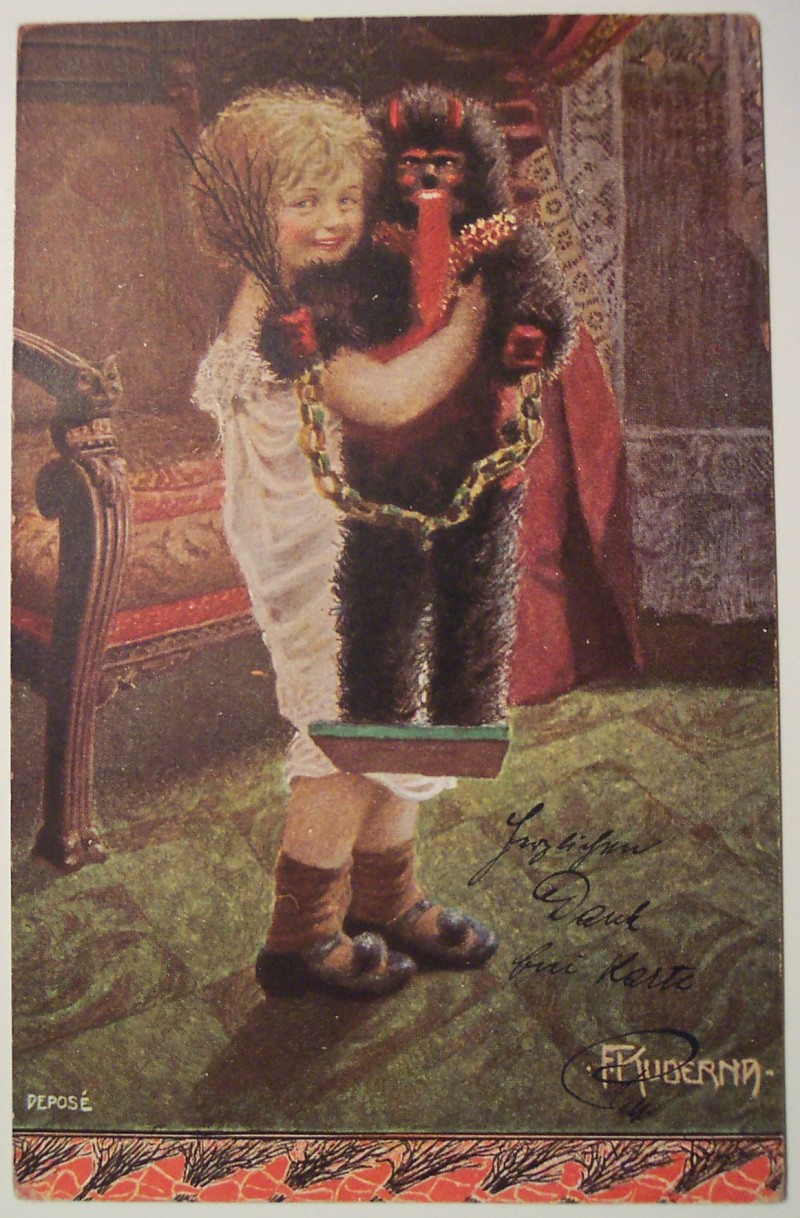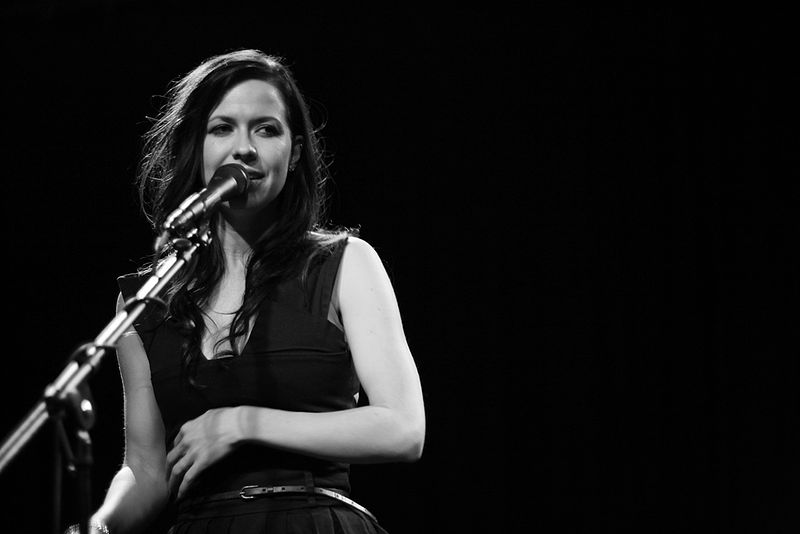
He seems to say that only... amid God’s paucity, not his plenty, can the core of the human condition
be approached... Yet his musical cadences, his wrought and precise sentences,
cannot help but stave off the void. ~ Richard Ellman
A family viewing of Waiting For Godot is not a traditional fixture of Advent, but its careful observation may offer a light to examine our modern traditions for the season in both critical and affirming ways. I invite you to watch this version of the play recommended to me by Stephanie Courtney, a theater director in Dublin, Ireland, for its fidelity to authentic Irish humor.
A native of Ireland, author Samuel Beckett lived during the early 20th century and wrote Waiting For Godot in mid-career. In the course of his early life, Beckett saw the emergence of the Irish Republic, became a scholar, and served in World War II. His writing was often charged with the particular misery of common people subject to the futility of European upheaval. Beckett won the Nobel Prize for Literature in 1969 “for his writing, in which—in new forms for the novel and drama—the destitution of modern man acquires its elevation.”
Several people cautioned me as I set out to write about Godot, especially on maintaining a strict objectivity and to try to avoid judging the play from a particular worldview. This was hard. Ms. Courtney helped by giving Godot an essentially Irish context. “I don't think Americans are able to understand futility the way the Europeans can,” she says. “When I walk to work, I travel through a city more than 1,000 years old. I walk along a street that was cobbled before the Vikings invaded Dublin—and I work in a theater built in 1662. Those stones will be walked on for another thousand years after I'm dead. I'm merely passing through and that comes across in my experience of the people here, too. There is less pressure here to leave a mark. You make the most of your time and then you die.”
The set of Godot is minimal and desolate. As with several of Beckett's plays, it is space, sound, bodies and movement. Here are the first lines as Beckett writes:
A country road. A tree.
Evening.
Estragon, sitting on a low mound, is trying to take off his boot. He pulls at it with both hands, panting.
He gives up, exhausted, rests, tries again.
As before.
Enter Vladimir.
ESTRAGON:
(giving up again). Nothing to be done.
VLADIMIR:
(advancing with short, stiff strides, legs wide apart). I'm beginning to come round to that opinion. All my life I've tried to put it from me, saying Vladimir, be reasonable, you haven't yet tried everything. And I resumed the struggle. (He broods, musing on the struggle. Turning to Estragon.) So there you are again.
ESTRAGON:
Am I?
Some of the play's biggest themes are set in those few words. Over its course there is night and day and very little changes. The men are friends of fifty years and speak a language so particular to them that the whole of the play sounds like nonsense. They flit from complaint to levity in a blink and move easily between imagined and real worlds. Critics of the day referred to Godot (as well as other plays in the genre) as Theater of the Absurd due largely to the departure from the realist forms. But the absurdity is like a Petri dish that allows the questions of Beckett's isolated culture to grow.
As the play progresses, a lightness emerges in the bleakness. It is located in the only place it can be—in the complex relationship of the characters and their conundrum. David Fox is a professor and theater director at Wheaton College. He says Beckett's genius lies in his marriage of vaudeville and existentialism. “Strange bedfellows, to be sure, but the combination creates all of the dynamic contrasts [in the play], and presents life as the tragicomic experience we all love and fear. The clowning element infuses his work with tremendous humanity.”
Last Saturday I interviewed a friend with expertise in Heidegger's concept of being as dasein, or, “being in the world”, that I thought would be helpful in articulating what I thought I saw in Godot. I wanted to be sure I understood the nuance of “concern” for the world extant in the term. We grabbed an outdoor table at a local watering hole in an eclectic part of town. It's a convivial place on a busy street. A man I'd characterize as homeless took the table next to ours. He talked freely to everyone and himself. His words were mostly unintelligible and over-dramatized but the subjects of his conversations seemed parroted from media talking points as exhibited in his own circumstances. He'd have sounded just like us, with better clothes and without the alcoholic slur. As he was, he was evidenced as a fool or ignored. Estragon's line was ringing in my ear like a taunt.
Great theater has a winsome way of making its point with a light hand and, if given space, never runs short on commentary. It makes a place to befriend the darkest places of humanity and allows for light that shines on the real cost of beauty. If we can just withhold the easy judgments. Perhaps that is a tradition worth making.






